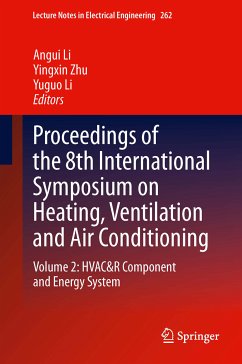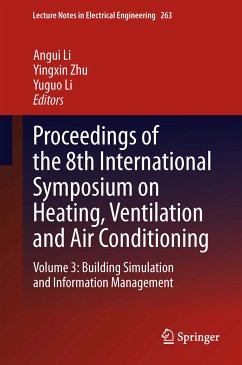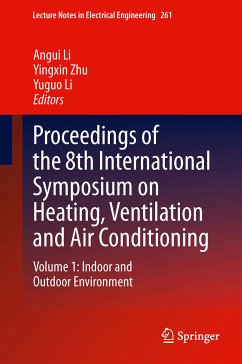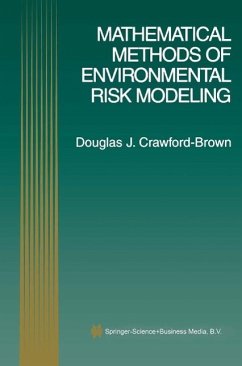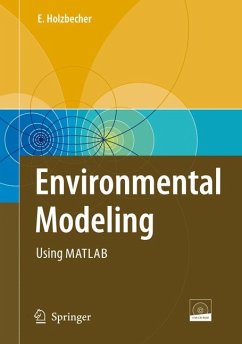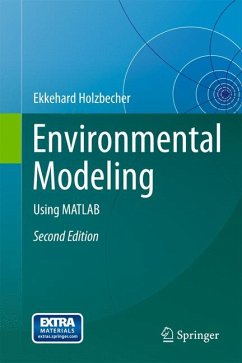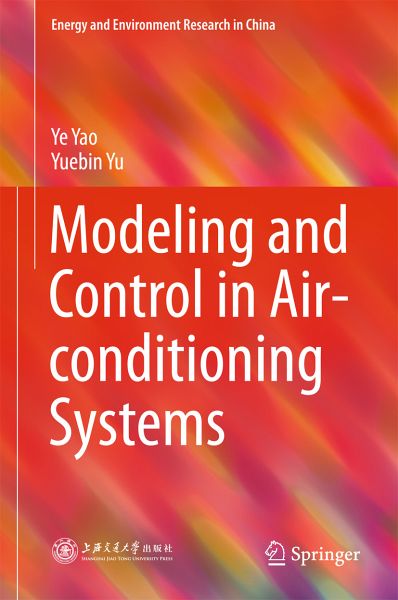
Modeling and Control in Air-conditioning Systems (eBook, PDF)
Versandkostenfrei!
Sofort per Download lieferbar
112,95 €
inkl. MwSt.
Weitere Ausgaben:

PAYBACK Punkte
56 °P sammeln!
This book investigates the latest modeling and control technologies in the context of air-conditioning systems. Firstly, it introduces the state-space method for developing dynamic models of all components in a central air-conditioning system. The models are primarily nonlinear and based on the fundamental principle of energy and mass conservation, and are transformed into state-space form through linearization. The book goes on to describe and discuss the state-space models with the help of graph theory and the structure-matrix theory.Subsequently, virtual sensor calibration and virtual sensi...
This book investigates the latest modeling and control technologies in the context of air-conditioning systems. Firstly, it introduces the state-space method for developing dynamic models of all components in a central air-conditioning system. The models are primarily nonlinear and based on the fundamental principle of energy and mass conservation, and are transformed into state-space form through linearization. The book goes on to describe and discuss the state-space models with the help of graph theory and the structure-matrix theory.
Subsequently, virtual sensor calibration and virtual sensing methods (which are very useful for real system control) are illustrated together with a case study. Model-based predictive control and state-space feedback control are applied to air-conditioning systems to yield better local control, while the air-side synergic control scheme and a global optimization strategy based on the decomposition-coordination method are developed so as to achieve energy conservation in the central air-conditioning system. Lastly, control strategies for VAV systems including total air volume control and trim & response static pressure control are investigated in practice.
Subsequently, virtual sensor calibration and virtual sensing methods (which are very useful for real system control) are illustrated together with a case study. Model-based predictive control and state-space feedback control are applied to air-conditioning systems to yield better local control, while the air-side synergic control scheme and a global optimization strategy based on the decomposition-coordination method are developed so as to achieve energy conservation in the central air-conditioning system. Lastly, control strategies for VAV systems including total air volume control and trim & response static pressure control are investigated in practice.
Dieser Download kann aus rechtlichen Gründen nur mit Rechnungsadresse in A, B, BG, CY, CZ, D, DK, EW, E, FIN, F, GR, HR, H, IRL, I, LT, L, LR, M, NL, PL, P, R, S, SLO, SK ausgeliefert werden.




